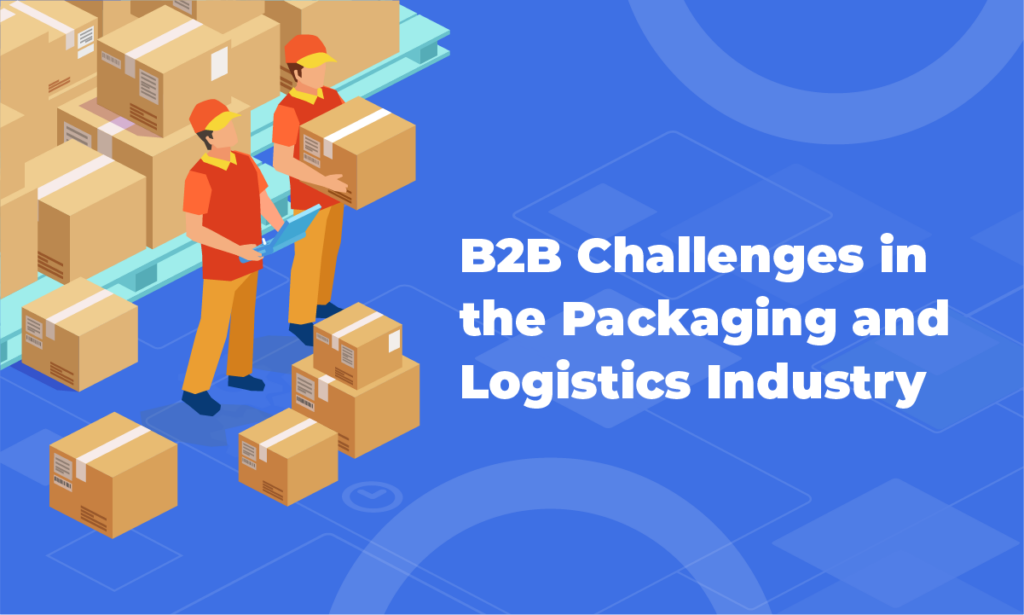There is evidence around the world that B2B ecommerce is growing. We’ve been taking a look at the trends that are driving the growing enthusiasm for ecommerce and what it will mean for B2B businesses.
A new generation of B2B buyers
Google found that by 2015 almost half of B2B buyers were already Millennials and the figure continues to grow. Their Generation X predecessors were used to working with a sales representative to achieve a very personalized level of service. New B2B buyers are still looking for this personalized experience but expect it to be delivered through all and any digital channels they choose.
As the age and expectations of B2B buyers change, businesses need to change too. Top of the list of expectations are:
- a high level of up-to-date product detail to give confidence in purchase decisions
- a robust and reliable online platform
- consistent user experiences across channels
- a seamless end-to-end procurement process.
A study of 160 B2B procurement officers in the US found that more than eight out of ten (83%) would choose a supplier with an excellent ecommerce platform, even if their product was more expensive.
So, by embracing the latest and best ecommerce solutions your business can attract new customers and have the opportunity to sell at a premium price.
Digital differentiation
The majority (78%) of B2B buyers start their procurement process with online research. If they don’t find your business online, then they are unlikely to buy from you. If they aren’t impressed with what they see, they will look elsewhere.
Your online brand and your content now need to be an essential part of your business plan. Your content has become a very influential part of the buying process.
Detailed product specifications, quality images, videos and case studies will all contribute towards improving your business’s search engine results and set you apart from other similar suppliers. Enabling buyers to make informed decisions will be key to success.
In contrast, lack of high quality, accurate content could put almost half (43%) of your potential customers off buying from you.
Being better than Amazon
Almost two-thirds (65%) of B2B buyers will make purchases via Amazon Business, so this is the standard they now expect.
Amazon is continually evolving and changing so your business won’t be able rest on its laurels for long. However, Amazon is a generalist. Your advantage is in your knowledge of your customers, their needs and preferences.
Your ecommerce site is a rich source of information about their online behavior. With an effective analytics and content marketing strategy you will also be able to obtain valuable customer feedback in exchange for quality information and resources.
By adopting a forward-looking approach to online development and innovation you can attract and retain valuable customers. If you continually meet and exceed their expectations, they won’t need to look anywhere else.
By using a Cloud-based software as a service (SaaS) solution like Cloudfy you can achieve all of this and more. Available for monthly subscription and with regular updates you can keep your business at the forefront of B2B ecommerce.
See what is possible with a free demonstration.





